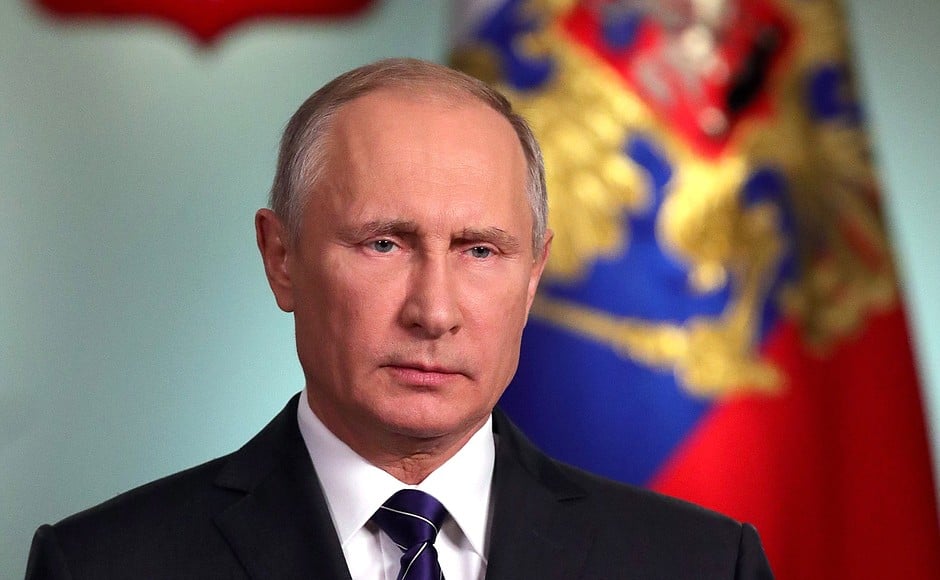Sergei Guriev and Daniel Treisman, Spin Dictators: The Changing Face of Tyranny in the 21st Century, Princeton, N.J.: Princeton University Press, 2022, 340 pp., $29.95 pb.
Hitler hath slain his millions, and Mao his ten millions. But what do we make of Putin?
His title is the very democratic “president” of Russia. He has no concentration camps, no Holodomor, no Great Leap Forward, no diktat of atheism. He wears suits, not epaulettes, and has political enemies poisoned or intermittently jailed but never hauls them off to a gulag. It seems unlikely, were he to die tomorrow, that his body would join that of another Vladimir, Lenin, in a public mausoleum. Putin’s Russia isn’t free. But is he really a dictator?
Login to read more
Sign in or create a free account to access Subscriber-only content.
Topics:
